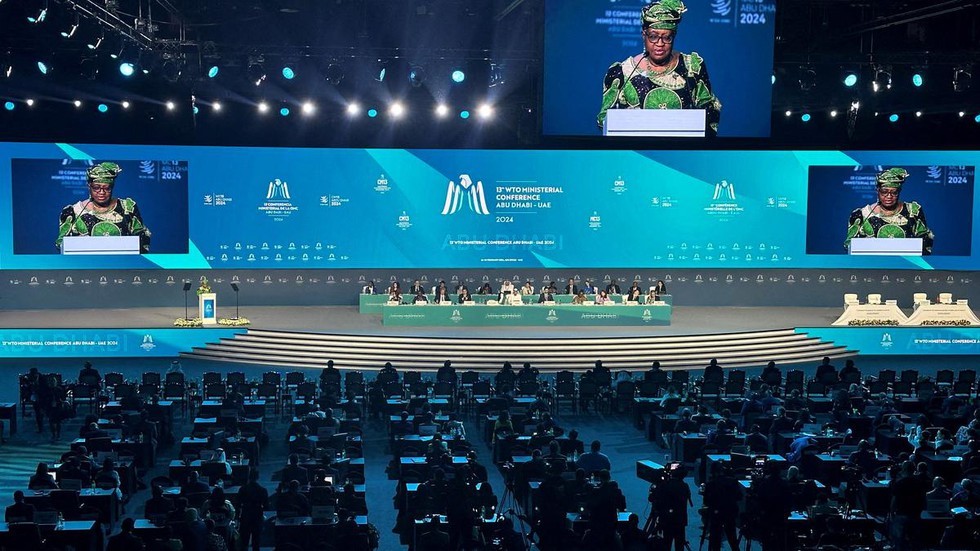
Investment Facilitation for Development (IFD)

29.03.2024
Investment Facilitation for Development (IFD)
|
For Prelims:About Investment Facilitation for Development,Key areas included in the IFD Agreement to promote and facilitate investment |
Why in the news?
One of the significant developments at the 13th Ministerial Conference (MC13) of the World Trade Organization (WTO) in Abu Dhabi was the non-adoption of the agreement on Investment Facilitation for Development (IFD).
About Investment Facilitation for Development:
- It is a joint Initiative launched at the 11th WTO Ministerial Conference (MC11) in December 2017 on a plurilateral basis by 70 countries. This was done through a process known as the Joint Statement Initiative.
- Aim: This agreement aims to create legally binding provisions to facilitate investment flows. It also aims to develop predictable, transparent and open investment rules that will contribute to more efficient investment flows and increased business confidence and it is now in a formal negotiation phase.
- Objective: A core objective of the framework is to facilitate greater participation by developing and least-developed WTO Members in global investment flows.
- The IFD agreement was finalized in November 2023 and at present around 120 of 166 WTO member countries (more than 70% of the membership) back this agreement.
- India is not a part of this initiative.
Key areas included in the IFD Agreement to promote and facilitate investment
- Improving regulatory transparency and predictability: such as publishing investment-related measures and establishing enquiry points;
- Streamlining and speeding up administrative procedures: such as removing duplicative steps in approval processes and simplifying applications;
- Enhancing international cooperation and addressing the needs of developing members such as providing technical assistance and capacity-building for developing countries and least developed countries; and
Source: The Hindu